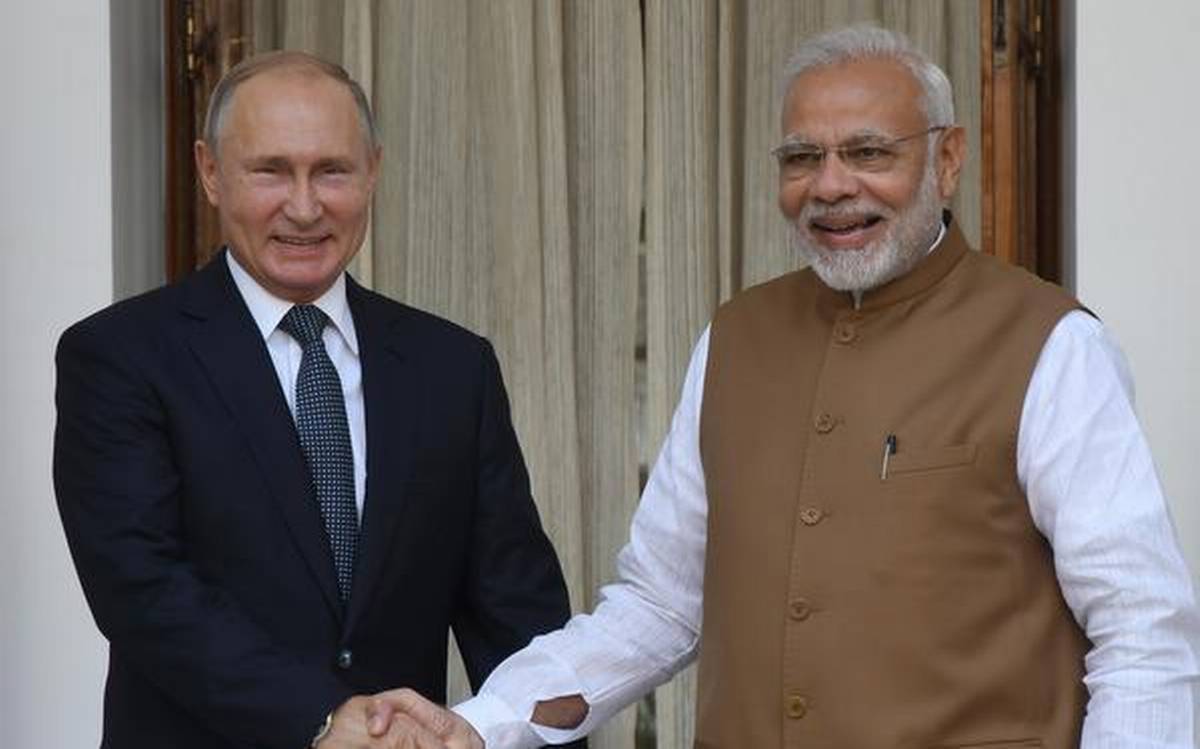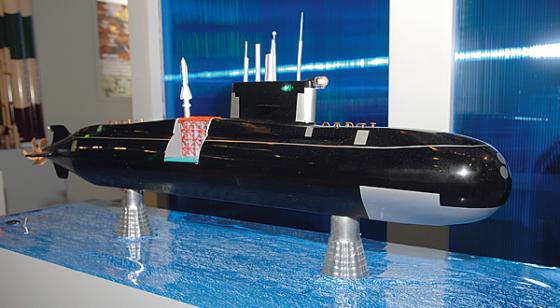
New Delhi. A major outcome of the upcoming summit meeting between Prime Minister Narendra Modi and Russian President Vladimir Putin at the two-day session in Eastern Russian port of Vladivostok is the offer by Russia of conventional submarines on the government-to-government route under the Navy’s Project-75I, Russian officials have reportedly said.
“Russian conventional submarines will be offered through the government-to-government route to India at the summit. This will save a lot of time in the procurement process,” one official said.
“The possibility of offering India the Su-57, the Russian Fifth Generation Fighter Aircraft (FGFA), is also being explored, but it has not been decided yet,” he said.
The Navy is looking to buy six advanced conventional diesel-electric submarines under Project 75I that, after several delays, has made progress in the past several months. The procurement is under the Strategic Partnership (SP) model, and is the second project to be processed through this route after the Navy’s tender for utility helicopters.
The Russian submarine is likely be based on the Amur 1650 conventional submarine, modified to suit Indian requirements. The contenders for Project-75I are the Naval Group of France, Rosoboronexport Rubin Design Bureau of Russia, ThyssenKrupp Marine Systems of Germany and Saab Group of Sweden.

In June, the Navy issued the Expression of Interest (EoI) for short-listing potential Indian strategic partners for the project put at Rs 45,000 crore. The potential strategic partners were asked to respond within two months. The Indian partners will be short-listed based on the technical and financial capability to execute the project and absorb the technologies. The foreign manufacturer will be selected separately. However, the strategic partnership is a long-drawn process with many uncertainties, as this model is being attempted for the first time.
The Russian FGFA has completed its development cycle, and the first batch is being produced for delivery to the Russian Air Force. Russian officials said at the ongoing MAKS air show that the jet was also ready for export.
India was to have jointly developed its FGFA based on the Russian jet. But after protracted negotiations, India decided last year not to go ahead with the project. Speaking to reporters, Victor N. Kladov, Director for International Cooperation and Regional Policy at Rostec, said Russia had never cancelled any agreement with the Indian government. “The FGFA project has been delayed by the Indian side, not by the Russian side,” he said.









